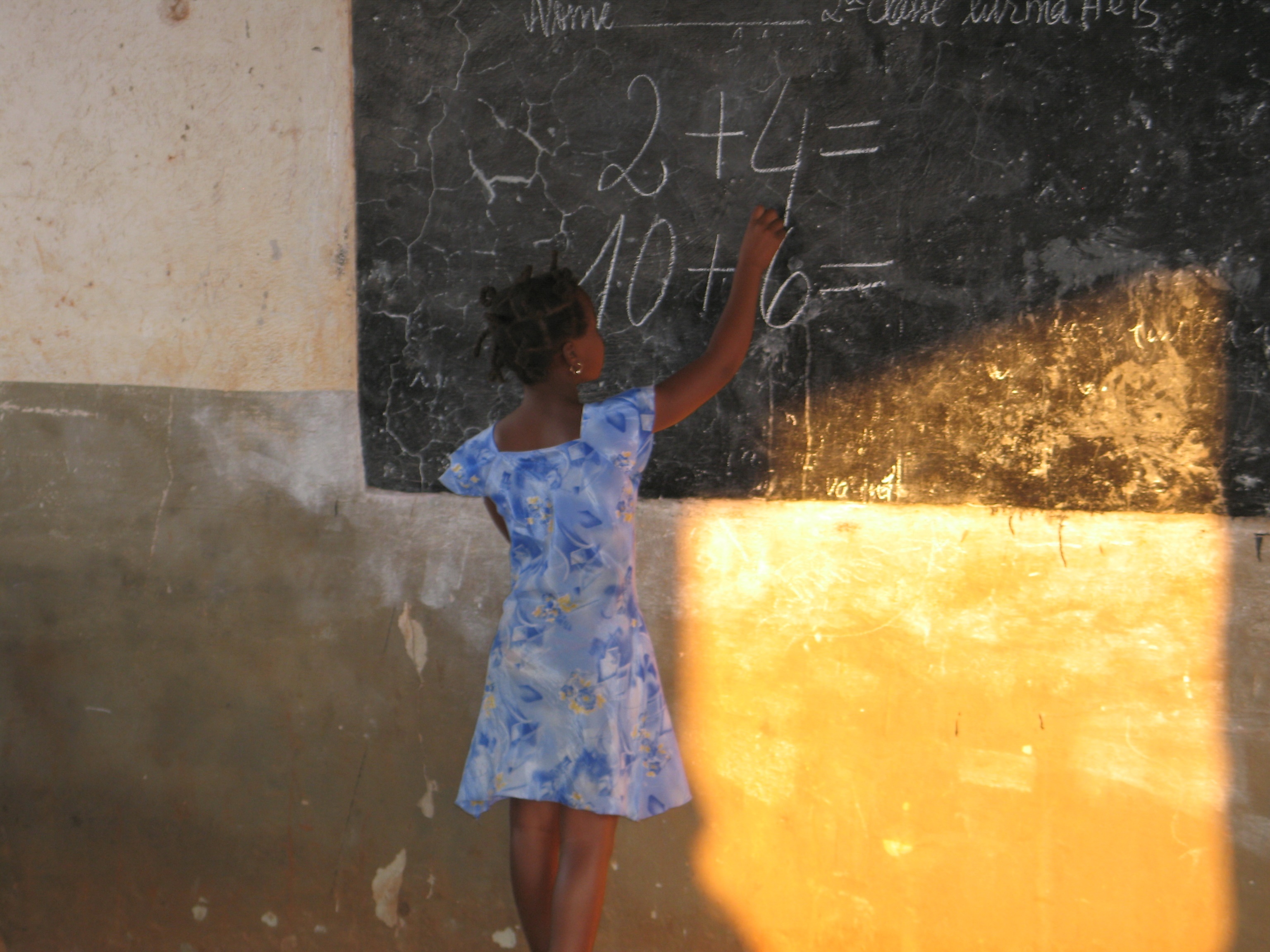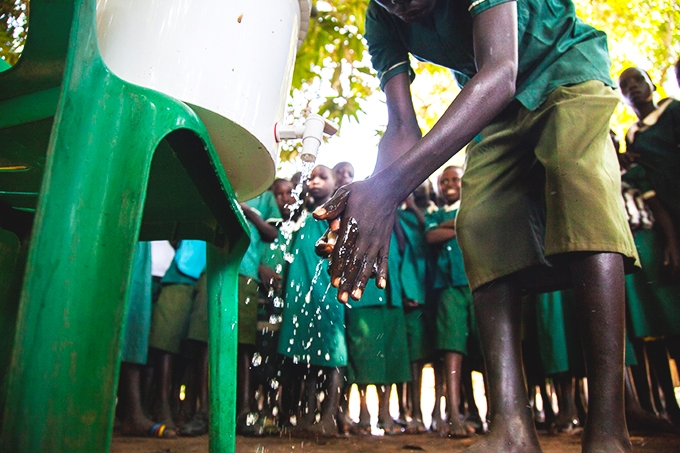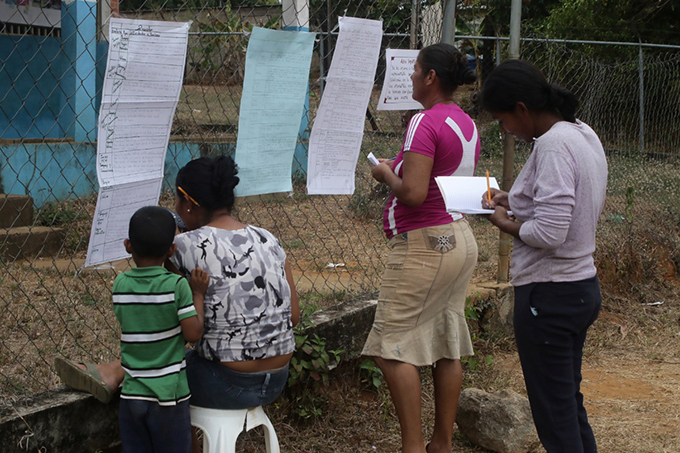Status Report July 2020: Interventions in the face of COVID-19
The EOL status report of July 2020 presents the situation of the EOL program fifteen months after it started up and zooms in on the many National Education Coalitions supported by EOL through Operational Component 1. The EOL status reports both present the status of the EOL granting processes as well as the results achieved by the grantees in the period of reporting. This provides us with unique insight into the achievements of the EOL grantees and highlights experiences to be learned from. While our partners for OC2 and OC3 were in the process of developing their full proposals and starting up implementation, the National Education Coalitions worked tirelessly despite the restrictions imposed on them by the pandemic:
“As of July 2020, no less than 47 National Education Coalitions had signed project contracts with EOL and were in full swing supporting the establishment of national Covid-19 responses for the crisis-hidden education sector.”, Bente Sørensen, Senior MEL Advisor, explains.
The status report reveals how the Covid-19 crisis created a completely new reality for civil society organizations in the first semester of 2020. Schools went into lock-down, and significant economic and social challenges arose from the pandemic. For the National Education Coalitions, the pandemic resulted in a sudden change of the political agenda which was now dominated almost entirely by the health crisis, removing focus from the field of education.
However, the many National Education Coalitions receiving support from EOL were fast in orienting themselves in this new context. Their expertise suddenly became highly relevant in providing technical assistance in policy arenas discussing implications of COVID-19 on the education sector:
“The National Education Coalitions have organized webinars on the state of education during the Covid-19 crisis in order to support knowledge sharing among diverse actors and in order to contribute with information and analysis to the national policy formulation processes in this unusual moment in history that have placed large groups of children without any access to education and generated further inequality both inside and outside the education system.”, Bente Sørensen explains.
The new reality forced many of the National Education Coalitions to think outside the box. With the lockdowns of schools, several new challenges arose, which made already marginalized groups even more vulnerable. Therefore, it was crucial for the coalitions to make sure that marginalized groups were specifically considered in education emergency policies as well as when planning the reopening of schools:
“At the Covid-19 crisis´ outbreak, the National Education Coalitions did not hesitate in involving themselves in policy discussions regarding national education emergency plans and in promoting that marginalized groups were not forgotten in the crisis responses. Promoting online education, for example, does not benefit children without internet at home. The report shows the importance of having the National Education Coalitions participating spot-on when national policy responses were required with urgency”, Bente Sørensen notes.
During the reporting period, the unexpected and difficult situation affected all countries covered by the National Education Coalitions, unavoidably slowing down implementation and activities. Nonetheless, the coalitions were active in finding new ways to develop activities by participating in important policy discussions online when COVID-19 physical distancing measures impeded them to meet in person. Through their adaptive attitude, many coalitions have managed to participate in and influence a high number of policy- making and generating activities. Many coalitions also managed to utilize their expertise and become important actors in policymaking processes and in developing emergency responses to education in the light of COVID-19:
“When EOL started up, none of the civil society organizations imagined they were going to discuss and help define policies related to safe re-openings of schools after a pandemic or education-in-emergency-initiatives due to a health crisis; which many of them have done successfully now”, Bente Sørensen says.
The July 2020 status report clearly shows the importance of including civil society’s voices in the education sector. With millions of children out of school, the fight to ensure education for all and to make certain that marginalized groups are not left behind when planning the reopening of schools, is more important than ever before.
Read more about the achievements in the report here
The Education Out Loud (EOL) Programme runs from April 2019- December 2024 and is funded by the Global Partnership for Education (GPE).
The 54 National Education Coalitions featured in the July 2020 status report are funded by EOL through Operational Component 1 (OC1).
OC1 aims to strengthen national civil society engagement in education planning, policy dialogue and monitoring.
Explore more about the 54 National Education Coalitions here.



